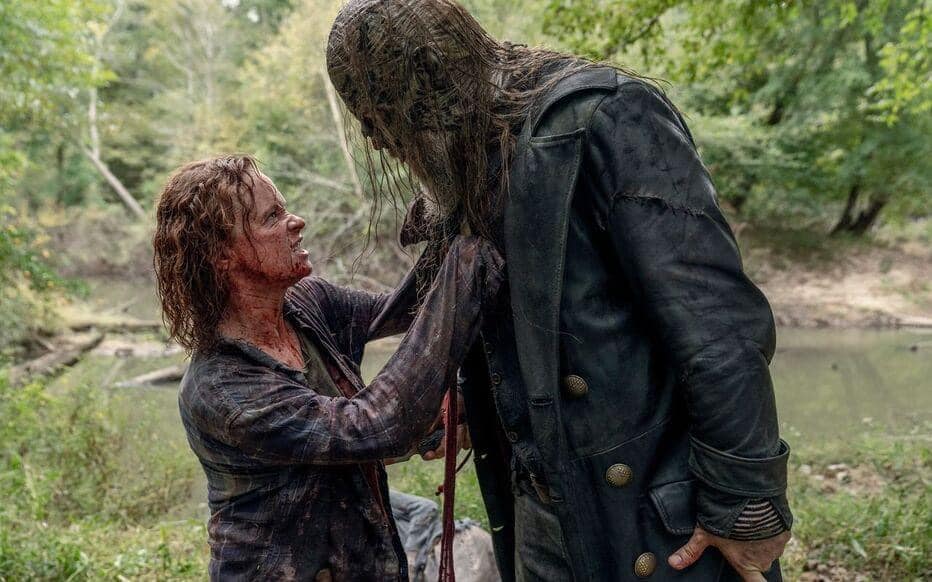The Walking Dead

Exploring the Depths of “The Walking Dead”: Content and Meaning
“The Walking Dead” is more than just a post-apocalyptic drama about zombies. It’s a profound exploration of human nature, society, and survival. Since its debut in 2010, the series has captivated audiences with its gripping narrative, complex characters, and philosophical undertones.
Content Overview
At its core, “The Walking Dead” is set in a world where a zombie apocalypse has decimated the human population. The series begins with Sheriff’s Deputy Rick Grimes waking from a coma to find himself in a desolate world overrun by the undead, known as “walkers.” As Rick searches for his family, he encounters other survivors, and together they form a makeshift community.
The show evolves from a simple survival story into a deep examination of leadership, morality, and the essence of humanity. Each season introduces new threats, both from the walkers and from other human groups with their own agendas. The evolving dynamics within the survivor groups highlight the complexities of human relationships and the struggle to maintain one’s moral compass amidst chaos.
Themes and Meaning

Themes and Meaning
- Survival and Humanity: One of the primary themes of “The Walking Dead” is the tension between survival and retaining one’s humanity. Characters are often faced with difficult choices that challenge their moral beliefs. The series asks whether it’s possible to stay true to one’s principles when survival is at stake.
- Leadership and Community: The show delves into various leadership styles and their impact on the community. Leaders like Rick Grimes, Negan, and Michonne each embody different approaches to guiding their groups. Their experiences reflect the broader question of what makes an effective leader in times of crisis.
- The Nature of Fear: Fear is a driving force in the series. It manifests not only in the fear of the walkers but also in the fear of the unknown and of other humans. The show examines how fear can drive people to either noble or horrific acts, and how it shapes their interactions with others.
- The Fragility of Civilization: “The Walking Dead” often highlights the fragility of societal structures. The collapse of government, institutions, and social norms reveals how thin the veneer of civilization can be. The series questions what it takes to rebuild or redefine society after such a collapse.
- Identity and Transformation: Characters undergo significant transformations throughout the series. Their experiences in the apocalyptic world force them to confront their identities and evolve in unexpected ways. The show explores how extreme circumstances can redefine a person’s sense of self.

Conclusion
“The Walking Dead” transcends its genre by offering a profound commentary on the human condition. Its depiction of a world where the undead are a constant threat serves as a backdrop for a deeper examination of what it means to be human when everything familiar is stripped away. Through its complex characters and narrative arcs, the series challenges viewers to reflect on their own values, fears, and beliefs about survival and community.
In essence, “The Walking Dead” is a testament to the resilience of the human spirit and the enduring quest for meaning in a world gone awry.











